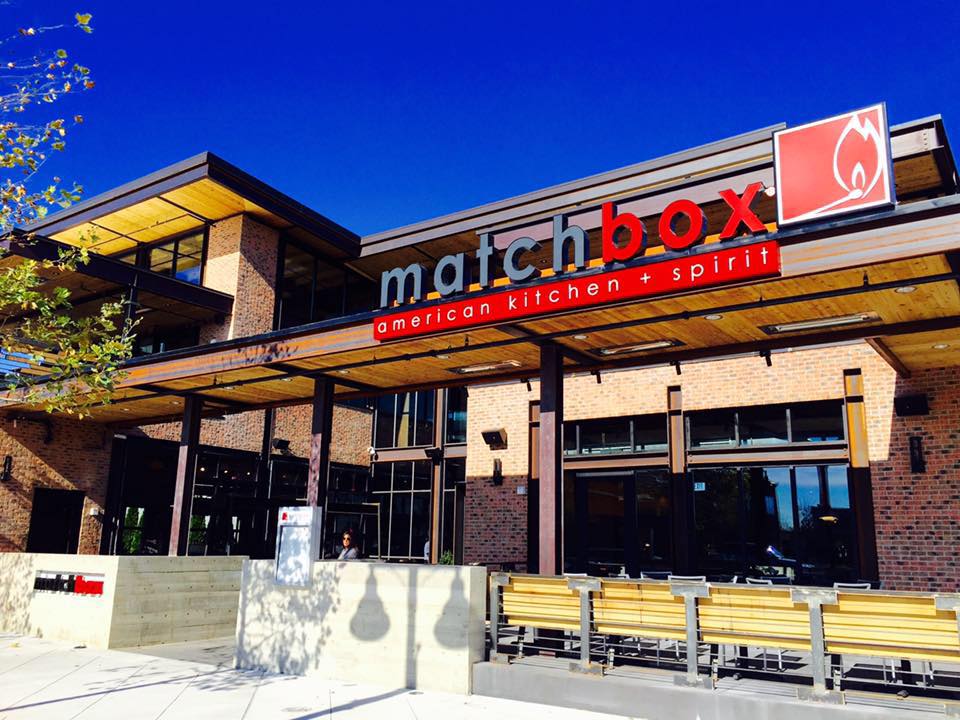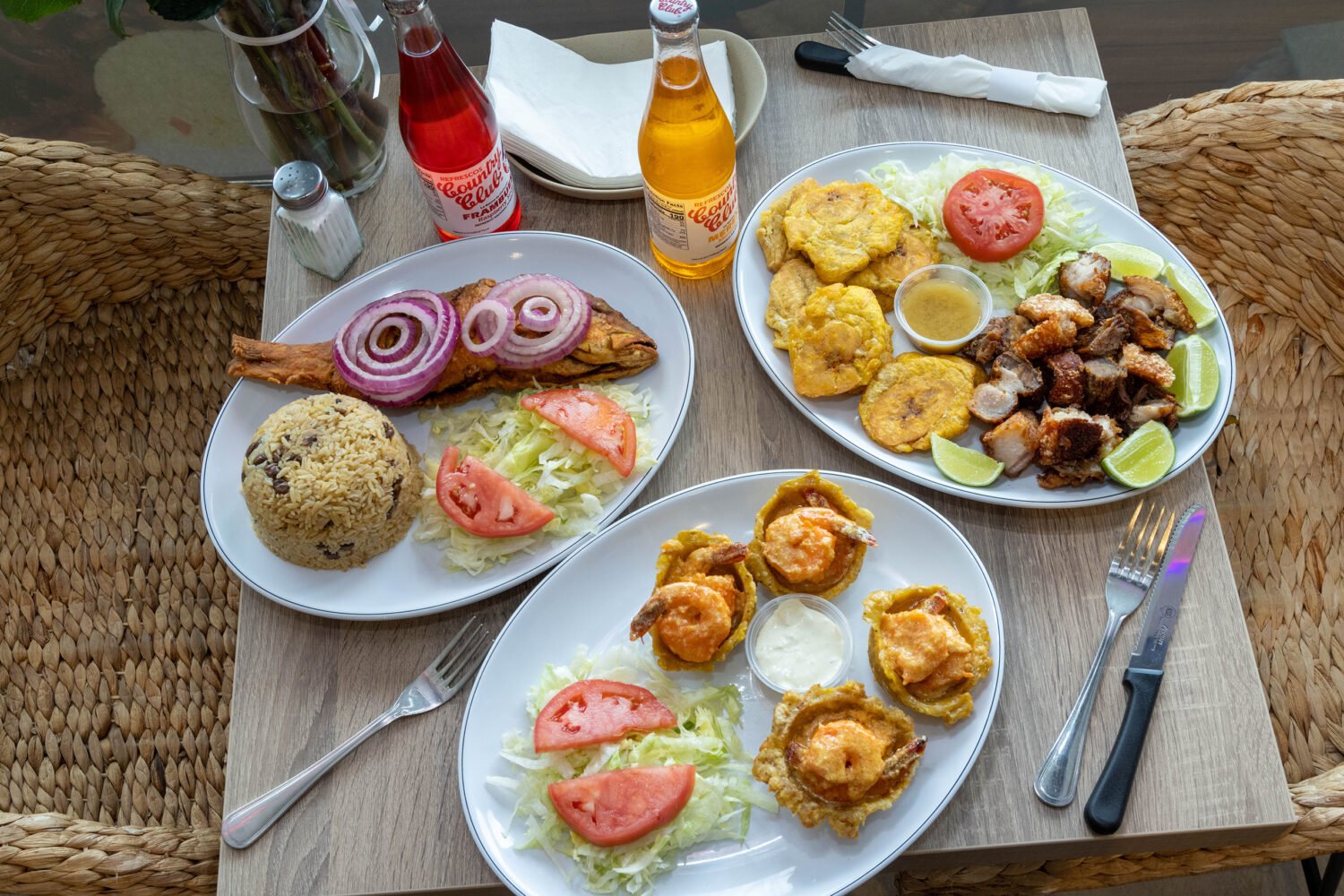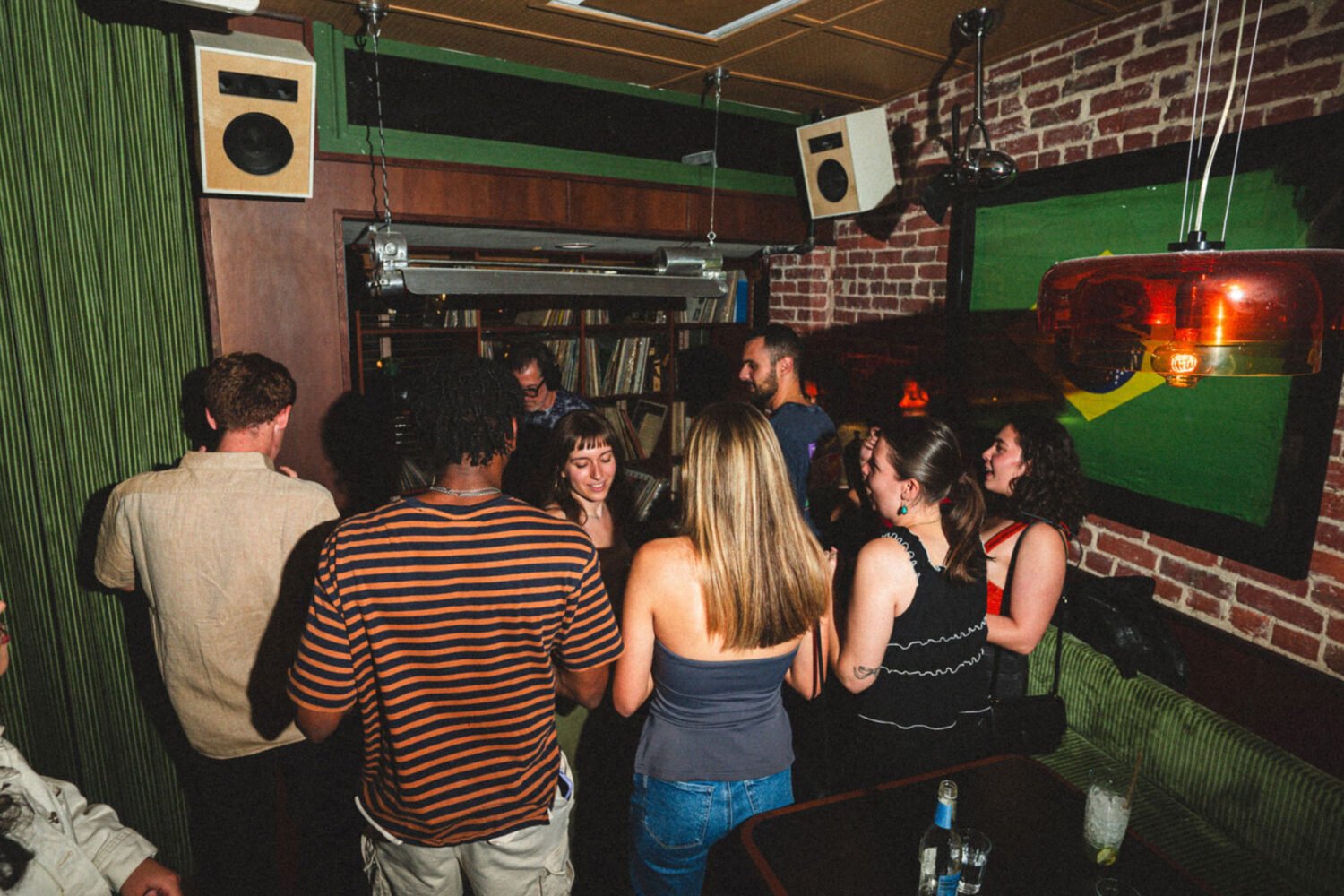Thompson Hospitality—the group behind Hen Quarter, American Tap Room, and other restaurants—has taken over the management of Matchbox Food Group and committed at least $11 million to grow the brand.
It’s no secret that Matchbox has had a rough couple years. In 2015, the local chain was raising capital and poised for a big national expansion. Instead, the business ran into financial problems when its newest restaurants went over budget and opened late, according to current CEO Harvey Metro. In the fallout, co-founders Ty and Mark Neal sued other Matchbox executives and investors, including EagleBank CEO Ron Paul, for a conspiracy to oust them. (The Washington Business Journal has all the details.) A judge found the Neals’ allegations without merit and dismissed their case this past spring, according to WBJ. None of the original founders of Matchbox are still involved in the company.
Metro, previously CFO, says he’s spent his year-long tenure as CEO trying to get operating costs under control and stabilize the company so it could become “investible” again. Last year, the company sold off Ted’s Bulletin to entrepreneur Steve Salis, who also owns Kramerbooks and Federalist Pig. The deal with Thompson was made on July 13. Metro says Thompson brings to the table substantial infrastructure, buying power, and experience operating in airports, college/corporate campuses, and other “non-traditional locations”—an avenue Matchbox may explore going forward. If Matchbox hadn’t found a capital partner, the company would have been “more serious about a sale,” Metro says.
Under the new arrangement, Matchbox will resume its growth, but at a slower, more controlled rate. Instead of trying to open five restaurants per year, they’re projecting two or three. Metro says they’ll concentrate any growth closer to home (as well as Dallas and South Florida where there are already locations) as opposed to venturing into new markets. He adds that future locations will be smaller—no more 10,000-plus square-foot, multi-story behemoths. “Large size increases risk,” Metro explains. “We want to celebrate doing $85,000 a week in sales. We can’t at some of these larger locations.”
The 11 existing restaurants will likely also get a refresh. One example: “Ten years ago, the customer wanted higher-back booths and privacy, whereas we think that nowadays, the trend is toward lower-back booths and energy,” Metro says.
The current restaurant staffs will remain in place, and the Matchbox corporate team will relocate from Rockville to Thompson’s offices in Reston.
“I can’t stress enough: This is good for everybody,” Metro says. “We went out and raised money—a lot of money—from the public back in 2015. This gives that group an opportunity to see their investment.”














